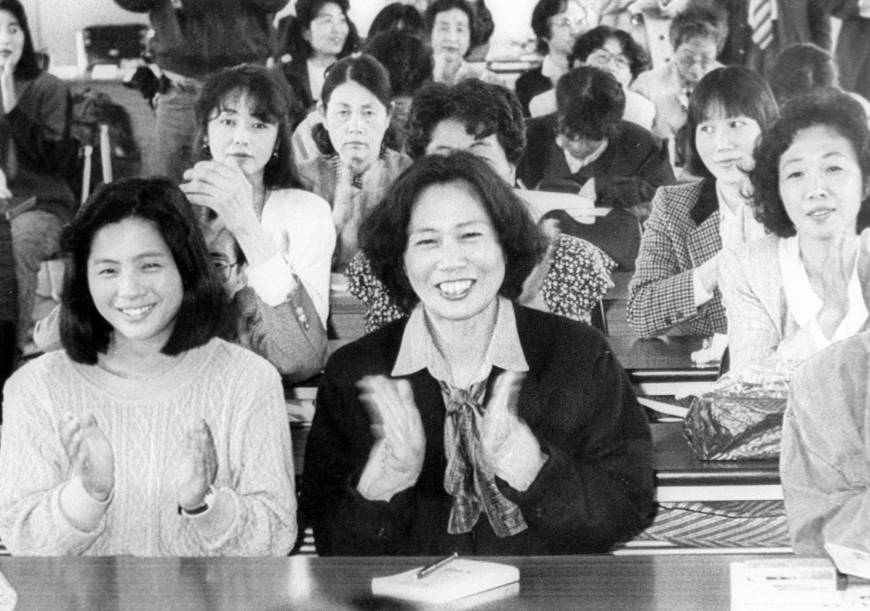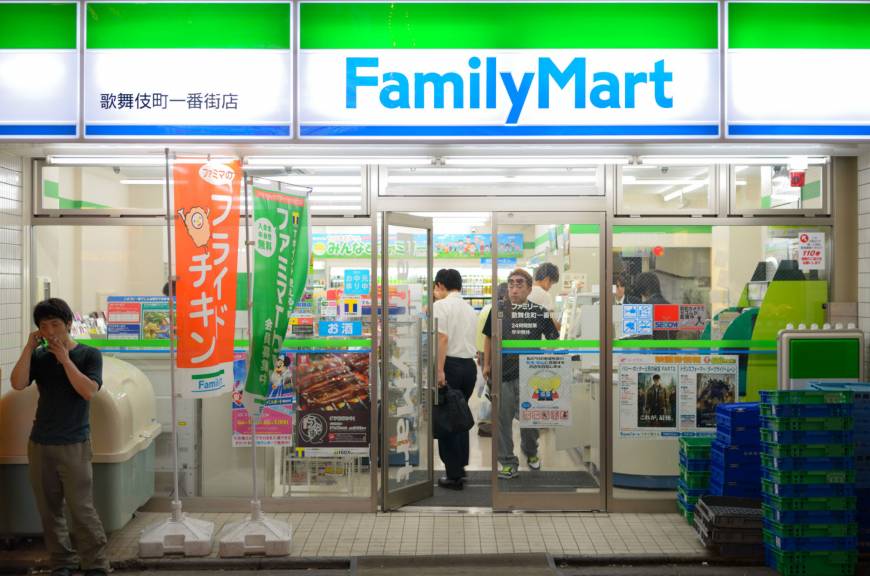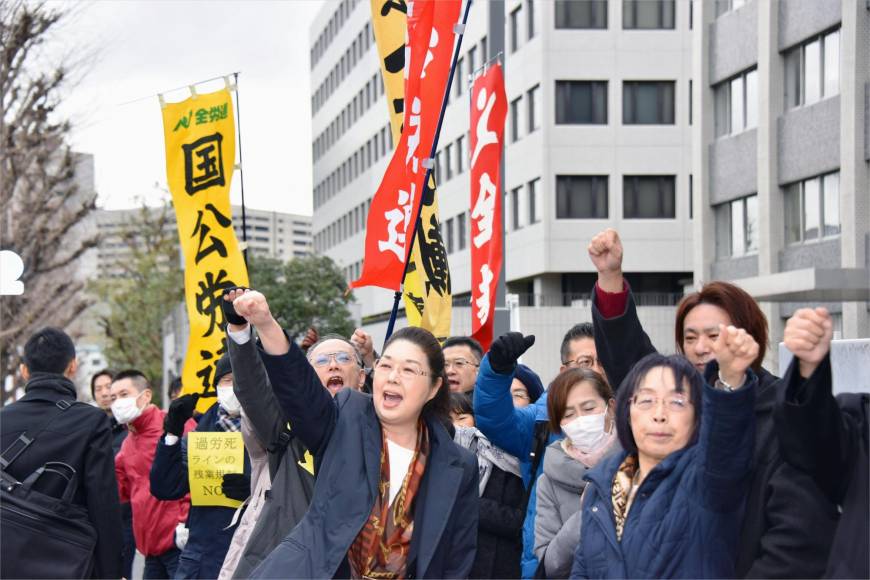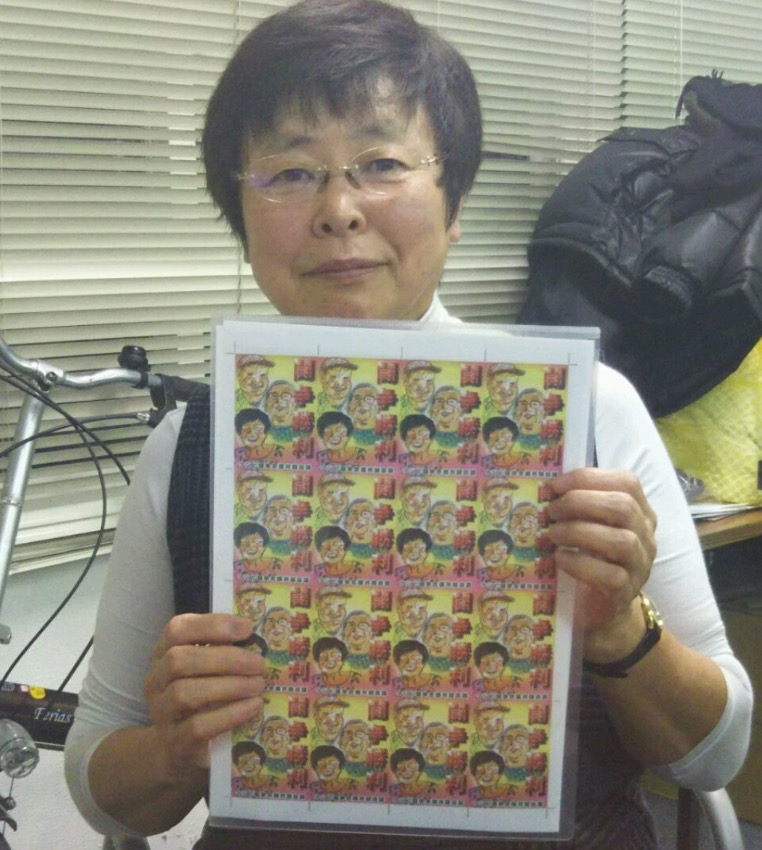The number of foreign nationals working in Japan reached its highest-ever level in October 2017 at 1,278,670, according to a study by the labor ministry (bit.ly/mhlwhoudou). The foreign proportion of the population remains tiny compared to that in European countries or North America, yet the impact of the growing ranks of foreign workers is considerable in Japan, where the myth of ethnic homogeneity stubbornly persists (despite the existence of minorities, such as the Ainu and Okinawan people). What is this impact?
Well, that depends on the type of citizen being impacted upon. Let’s divide the citizenry into three broad categories based on their basic attitude toward foreign residents in general.









